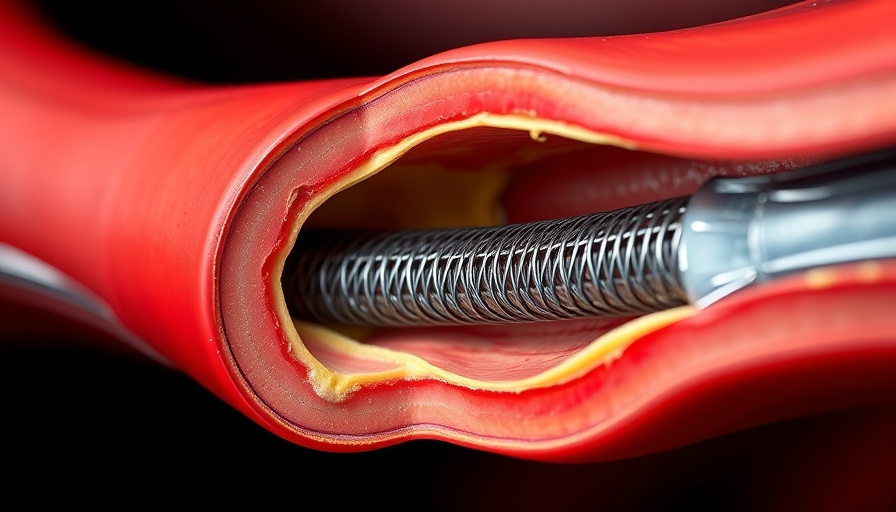
The Surprising Truth About Angioplasty and Heart Stents
When considering the efficacy of angioplasty and heart stents, the surprising reality is that they may not be as beneficial as once thought. While the procedure is often touted as a solution for blocked arteries, recent studies show that a significant number of heart attacks are caused by plaque that doesn't actually cause blockages visible on medical imaging. This means even when the arteries appear to be successfully opened up by angioplasties, the underlying cause of heart attacks remains unaddressed.
A Deep Dive Into Angioplasty Procedures
Angioplasty involves inserting a small balloon into a narrowed artery, inflating it to enhance blood flow. This procedure has been around since the 1990s, but researchers have consistently found that it does not lead to decreased mortality rates or prevent heart attacks for a significant portion of patients. The MASS trial, for example, showed that even among patients with severe blockages, angioplasty did not result in improved outcomes over time. Similar findings were reinforced in later studies like the Courage Trial, which suggested that patients who underwent surgery may even be at a higher risk of complications compared to those who chose not to.
Why Aren’t Stents More Effective?
Though the technology evolved from merely using balloons to incorporating drug-eluting stents designed to prevent recurrence of blockages, the results haven’t changed much. Several major trials have indicated that these stents offer no significant benefit in terms of survival or heart attack prevention for most patients, even those considered at high risk. Many heart attacks occur from non-obstructive plaques—those that don’t reduce blood flow enough to warrant surgical intervention. Thus, it leads to the unsettling question: why are we continuing to rely on a method that shows little promise in life-saving benefits?
The Heart of the Matter: Understanding Heart Disease
To grasp why angioplasties and stents have limited effectiveness, it’s crucial to understand the nature of heart disease. Most heart attacks stem from non-flow-limiting lesions, which cannot be identified by standard imaging techniques or treated with procedures like angioplasty. In fact, narrowings less than 70% often have no clinical implications for blood flow, highlighting the disconnect between the medical approach and the actual causes of heart attacks.
Counterarguments and New Perspectives in Cardiac Care
Some may argue that angioplasty can alleviate symptoms like angina or chest pain for certain individuals. While that’s true, alleviating symptoms isn’t the same as preventing heart failure or death. The emphasis should instead shift towards preventive measures, such as lifestyle changes, diet, and exercise, which have been proven to strengthen heart health in the long run. This shift could potentially reshape future cardiovascular treatments, focusing on holistic approaches rather than invasive interventions.
The Importance of Preventative Measures: More Than Just Medical Procedures
Understanding the limitations of angioplasties and stents calls for a necessary pivot toward preventative strategies. Diet, exercise, and management of stress are key factors in maintaining heart health. Nutrition plays a crucial role in managing arterial plaque conditions. For instance, incorporating high-fiber foods, reducing saturated fat, and increasing intake of fruits and vegetables can significantly impact cardiovascular health.
Empowering Yourself for Better Heart Health
Ultimately, it’s vital for individuals to recognize the limitations of surgical solutions and adopt a more proactive approach to heart health. Consulting with healthcare professionals about diet and lifestyle can keep the focus on long-term health rather than short-term fixes. Be informed and empower yourself with knowledge—it's the best medicine.
Taking well-rounded steps towards heart health is more than just addressing symptoms; it's about reshaping how we understand and manage our hearts. Whether through nutritional changes, regular exercise, or mindful living, your heart deserves comprehensive care beyond just procedures.
 Add Row
Add Row  Add
Add 




 Add Row
Add Row  Add
Add 


Write A Comment